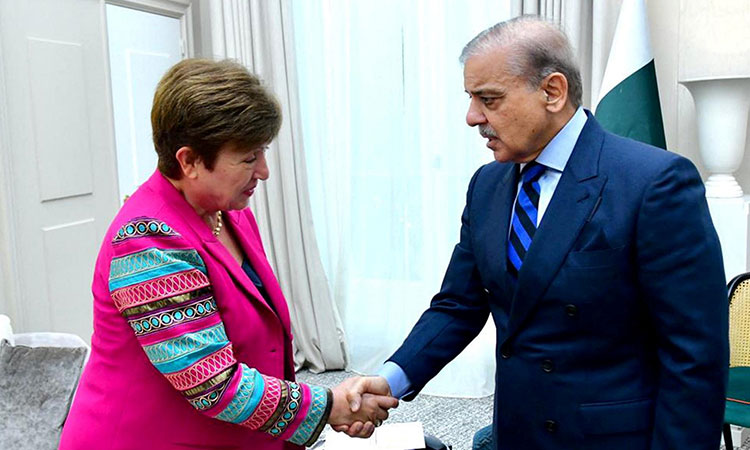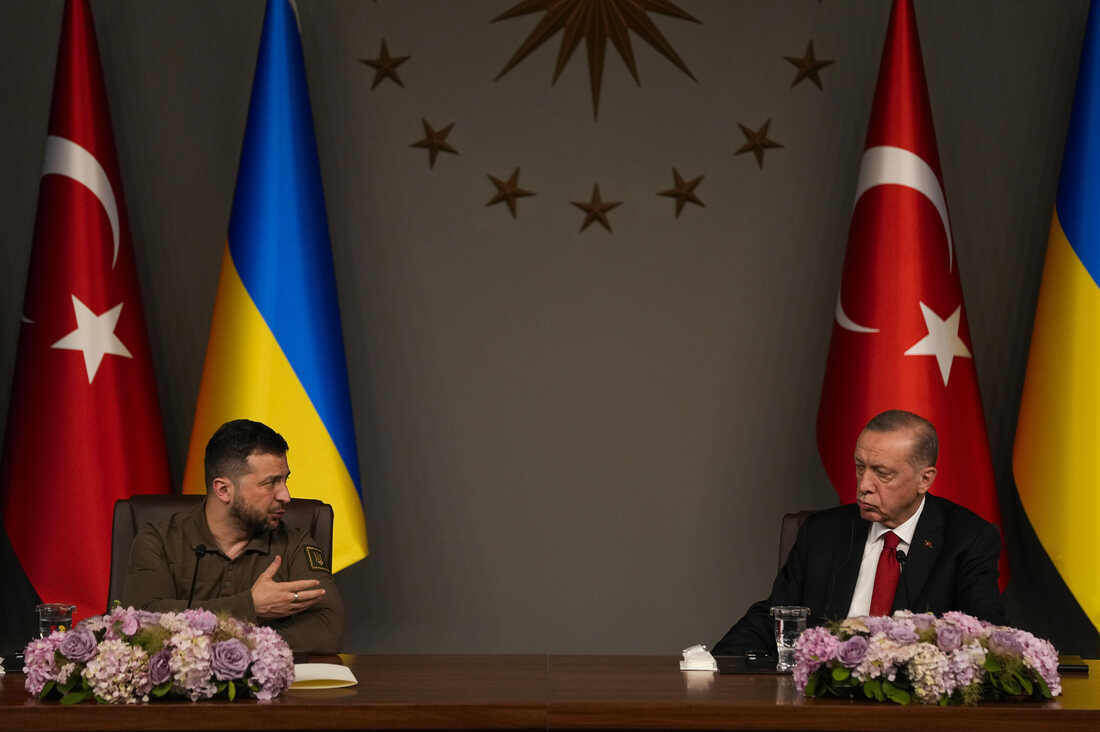Pakistan has successfully struck a staff-level agreement with the International Monetary Fund (IMF) on a crucial $3 billion Stand-By Arrangement (SBA) in a race against time. This last-minute rescue package comes while the country is in the grip of a severe balance-of-payments crisis. The agreement provides Pakistan with a lifeline, unleashing essential monies required to strengthen its economy and meet its external payment obligations.
Unlocking Funds and Its Importance for Pakistan
Under the nine-month SBA, Pakistan is set to receive nearly $3 billion, equivalent to 111 percent of the country’s IMF quota. While subject to approval by the IMF’s Executive Board, which is expected to review the request by mid-July, such approvals are typically granted following a staff-level agreement. Media reports suggest that the Pakistani government initially anticipated approximately $2.5 billion from the IMF.
The agreement not only addresses the immediate financial crisis but also holds broader implications for Pakistan’s economic prospects. A successful deal with the IMF is likely to instill confidence among other financiers and potential investors, unlocking further credit for the cash-strapped South Asian nation. This includes attracting funds from private markets, which could provide much-needed support to Pakistan’s struggling $350 billion economy.
Challenges Ahead and Policy Actions Required
Pakistan has faced various challenges in reaching this agreement with the IMF. The ninth review of the $6.5 billion Extended Fund Facility (EFF) had been pending since November of the previous year, making it the longest delay since at least 2008. Differences between the IMF and Islamabad regarding policy actions, external financing needs, and meeting program goals had hindered progress.
To address these challenges, Pakistan must undertake several policy actions as part of the agreement. The IMF has specifically highlighted the need for timely rebasing of tariffs in the power sector to ensure cost recovery, despite record-high inflation in an election year. The country’s central bank has been urged to withdraw import restrictions and commit fully to a market-determined exchange rate, eliminating multiple exchange rate practices. The IMF also expects proactive measures from the central bank to reduce inflation.
Additionally, Pakistan must focus on materializing pledges made at an international donor conference, which aimed to secure funds to aid the country’s recovery from devastating floods in 2022. Ensuring the building of a spending framework for climate-related pledges, amounting to over $9 billion, will be crucial.
With the successful agreement reached between Pakistan and the IMF, the country has gained access to a $3 billion Stand-By Arrangement, providing much-needed relief to its acute balance of payments crisis. Unlocking these funds will assist Pakistan in stabilizing its economy, meeting external payment obligations, and potentially attracting further credit from other financiers. However, Pakistan must address policy actions demanded by the IMF, such as tariff rebasing, exchange rate reforms, and inflation reduction. Successfully implementing these measures will be critical for the country’s economic recovery and the government’s standing ahead of upcoming general elections.
















